The project focuses on three axes
*Image for illustrative purposes only
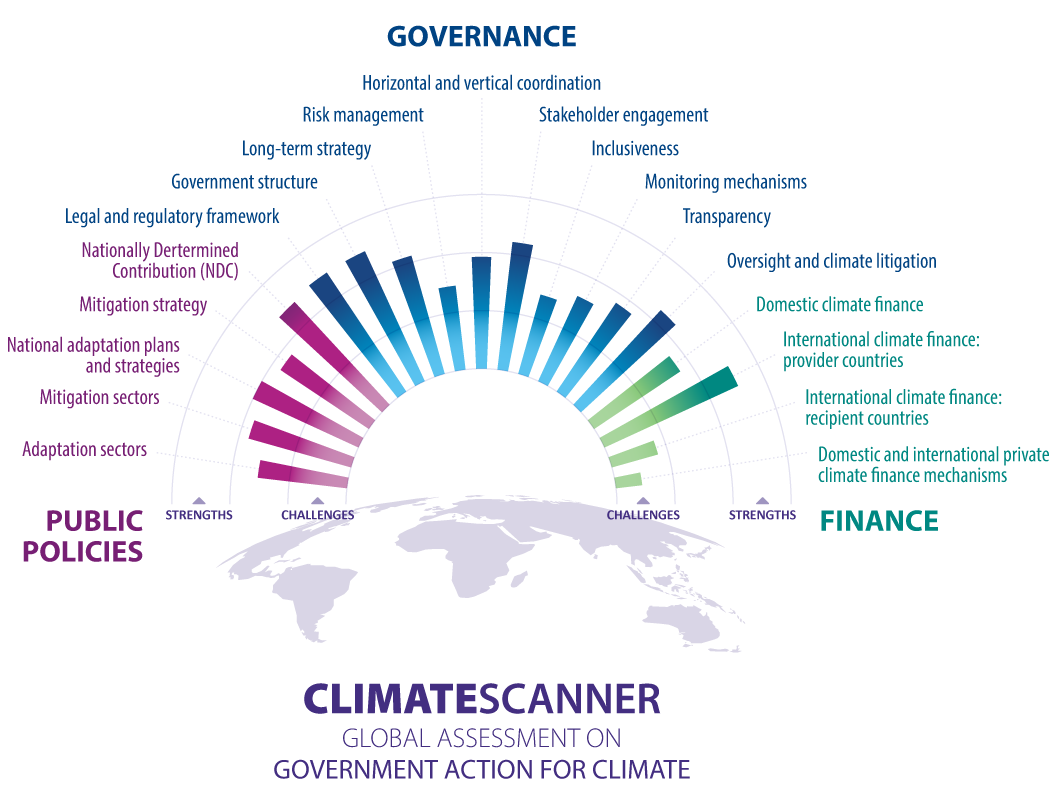
Climate change is a global emergency. Greenhouse gas emissions, melting glaciers, forest fires, deforestation and the redistribution of water resources are some of the problems that need to be tackled across the planet. With this in mind, the Federal Court of Accounts (TCU), as Chair of the International Organization of Supreme Audit Institutions (INTOSAI), proposes the ClimateScanner, an initiative in which Supreme Audit Institutions (SAIs) around the world will promote a global assessment of government actions related to climate change.
SAIs have a unique role to play in addressing the climate crisis. Although they have different mandates, they share a common mission to provide independent assessments of the use of public resources and the performance of public policies. In doing so, they can provide reliable information and contribute to government transparency and policy improvement.
This initiative is being conducted through the Intosai Working Group on Environmental Auditing (INTOSAI WGEA).
*Image for illustrative purposes only

the information rendered at national and international levels
data produced by the participating Supreme Audit Institutions (SAIs)
relevant information in an easy-to-understand language
decision-making with the elaboration of strategic projects
The project will also be fundamental to exchange knowledge and experiences between SAIs and to strengthen INTOSAI as a globally relevant actor.
*Image for illustrative purposes only.
The execution phase began in 2024 at the ClimateScanner Global Call in March at the United Nations (UN) headquarters in New York. On that occasion, SAIs from around the world were invited to apply the tool in their countries. Additionally, SAIs will receive training throughout the year to enable them to conduct the assessments.
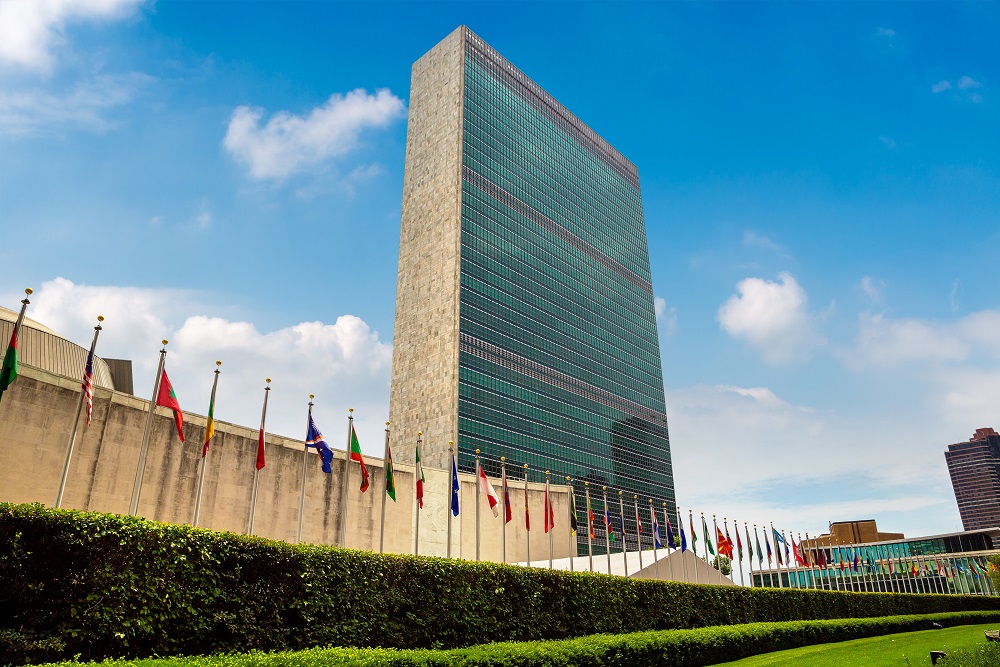
The results of the ClimateScanner will be presented at the end of 2024, at the 29th Conference of the Parties (COP) of the United Nations Framework Convention on Climate Change (UNFCCC).
In 2023, the ClimateScanner tool was designed and tested by an Executive Group composed of SAIs from different regions of the world:
The ClimateScanner Initiative was globally launched in November 2022 during the XXIV International Congress of Supreme Audit Institutions (Incosai), in Rio de Janeiro.
The congress brought together representatives from over 190 member countries of the International Organization of Supreme Audit Institutions (Intosai)..
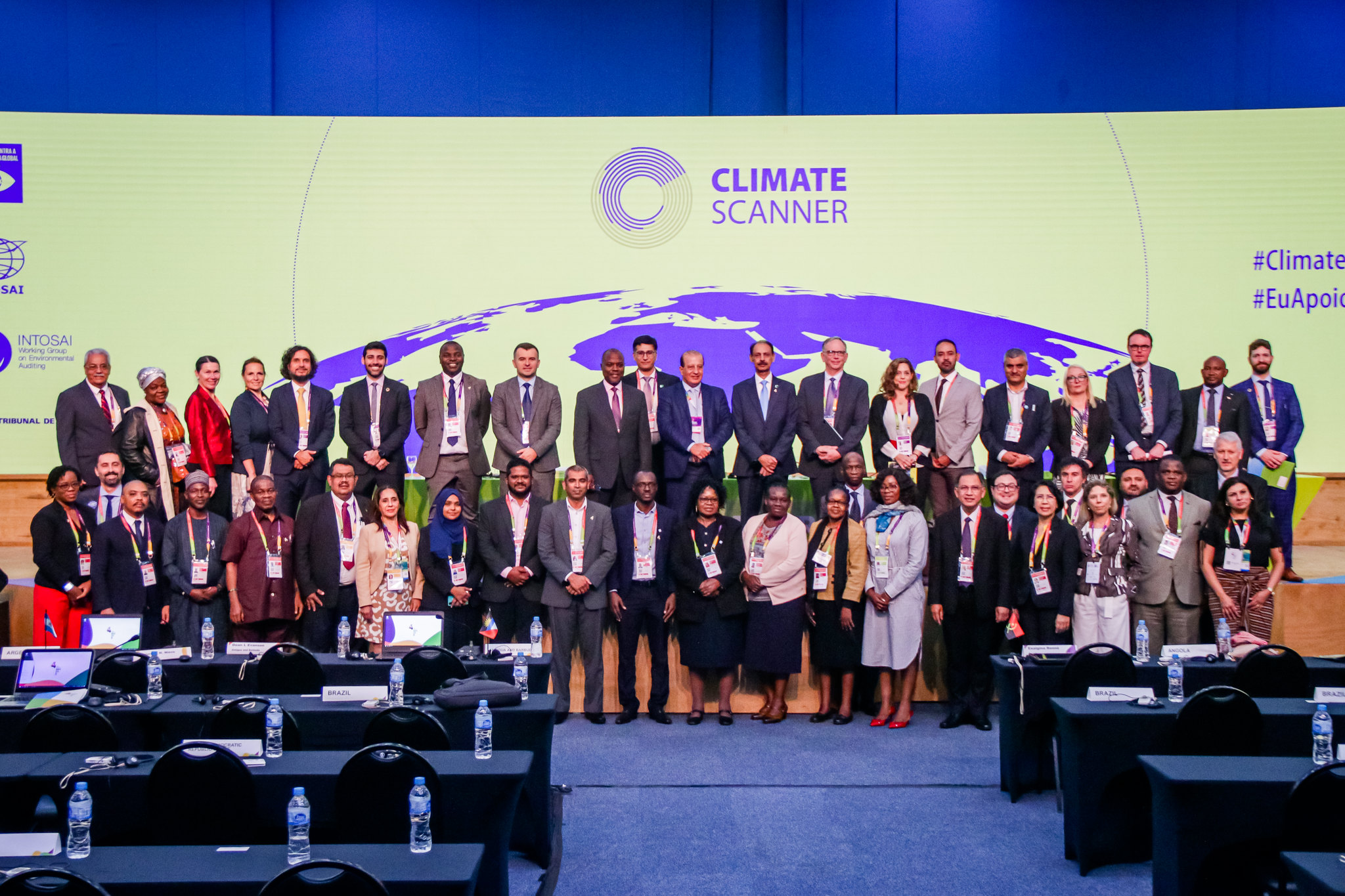
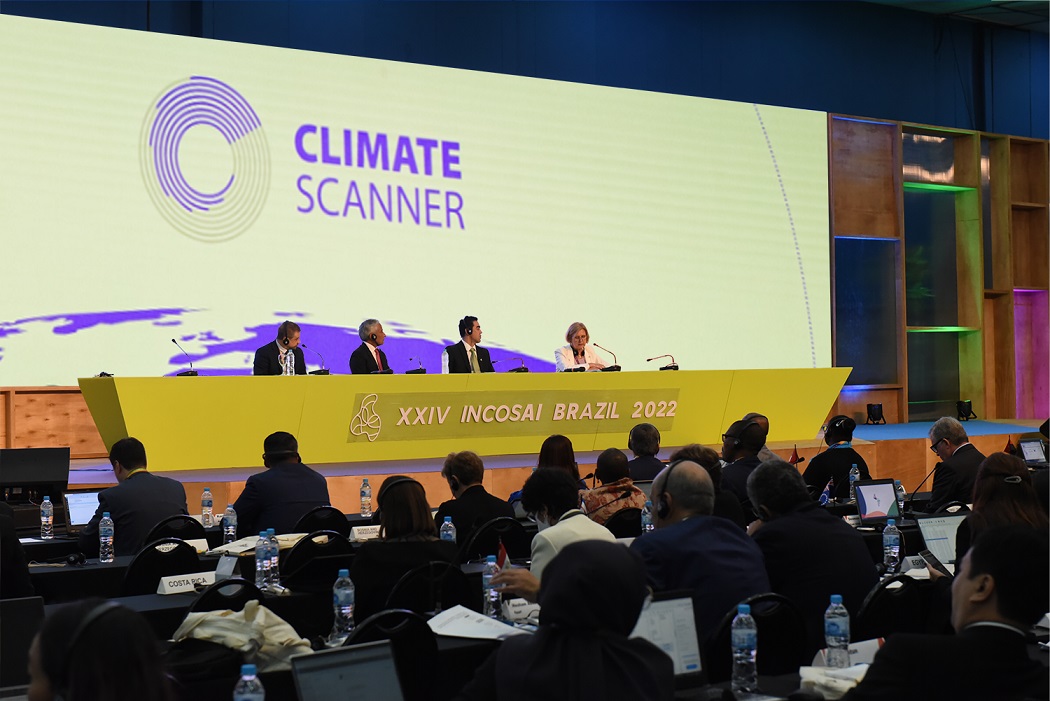
Because the topic has international relevance, with responsibilities and impacts that affect the entire planet, Intosai and the SAIs can contribute to the issue through their audit work.
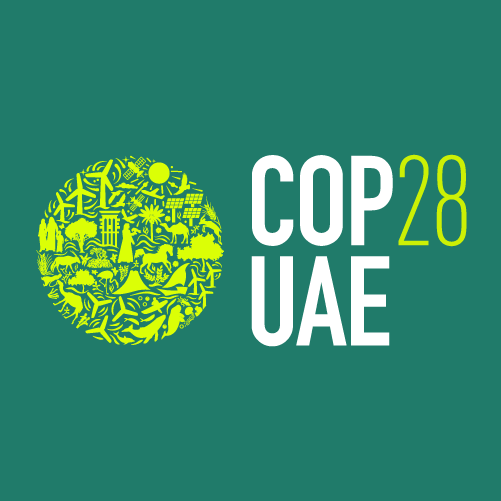
The Conference of the Parties (COP) to the United Nations Framework Convention on Climate Change (UNFCCC) is the highest-level global forum for making decisions on global action on climate change.
Since the planning phase in 2022, ClimateScanner has been presented to various stakeholders at the 27th Conference of Parties (COP 27) in Sharm-El Sheikh, Egypt.
In 2023, the ClimateScanner was presented at the 28th Conference of the Parties (COP 28) in Dubai, United Arab Emirates. At the end of the development phase, the initiative was part of several events to present the final version of the assessment tool and discuss the next steps in the project.
Click here to access ClimateScanner's agenda for COP 28.

The Paris Agreement's main objective is to keep the global average temperature increase well below 2 degrees Celsius above pre-industrial levels and to make efforts to limit the increase to 1.5 degrees Celsius.
One of the key instruments of the agreement is the Nationally Determined Contributions (NDCs). In their NDCs, countries that are parties to the agreement must communicate their emissions mitigation measures and adaptation efforts to climate change impacts.
In terms of implementation, the Paris Agreement establishes the groundwork for cooperation among nations through financial and technical support and capacity-building for developing countries. For instance, the agreement sets a goal of mobilizing at least $100 billion per year from developed countries to support developing countries, although this goal is still to be achieved.
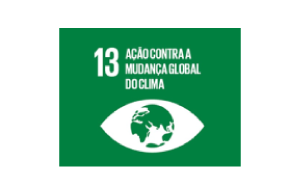
The global climate action is one of the Sustainable Development Goals (SDGs) of the 2030 Agenda for the Sustainable Development, an international declaration signed in 2015 by 193 countries within the UN.
SDG 13 addresses global climate action and sets several relevant targets, such as strengthening resilience and adaptive capacity to climate-related hazards and natural disasters in all countries, integrating climate change actions into national policies and planning, and promoting mechanisms to enhance capacity for climate change planning and management in least developed countries and small island developing states, among others. ClimateScanner contributes to the achievement of all these goals.
How to support?
If your institution would like to provide technical and/or financial support to the ClimateScanner initiative, please contact us at climate@tcu.gov.br.
The project receives support from the following institutions:
For more information on the ClimateScanner, its development and application, send a message to climate@tcu.gov.br.